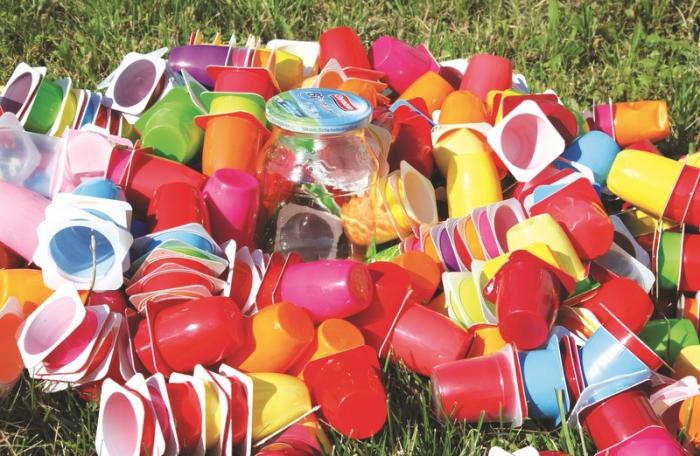Getting value out of waste

PHUKET: On an island like Phuket, with millions of visitors, expats and locals coming and going every year, one of the major problems we are left dealing with is pollution. Environmentalists cry about our bleeding oceans, but no one seems to pay much heed. Perhaps it’s time we change our approach to this issue by incorporating this mentality in our younger generation.
Many schools worldwide have ‘recycling projects’ that provide their students with hands-on experience to help them see that efforts to cut the wasteful use of resources does make a difference. By engaging young learners in a variety of proactive activities, children are taught to take responsibility for keeping the environment cleaner.
One cost-effective way to ingrain this mentality in children is to set up a recycling program. The first step is to organize teams of dedicated students, teachers and support staff to take charge of recycling. These teams will then divide the school into ‘zones’ and conduct waste audits. A waste audit is an in-depth analysis of how much waste is generated in each area of the school and how it can be collected and sorted. This is a critical step, as knowing the types and volumes of waste being generated will allow you to determine which materials to collect.
Once you have decided on the types of waste that can be reused or sold to local recycling plants, establish a system for collecting and storing the recovered materials. The best way to do this is to collect trash at the point of origin. For example, each classroom should have a container to collect paper, the cafeteria should have bins to collect plastic bottles, aluminum cans and so on.
A program such as the one outlined here is simple to implement and follow. However, it is important to establish goals at the get-go. Students may be willing and able to make an effort, but if they don’t know what they’re doing or what the purpose of what they’re doing is, the program is less likely to be effective.
It is important to educate all participants about the purpose and goals of the program. Recycling bins must be made widely available and be properly labelled. Students’ interests can be engaged in a number of ways, such as holding a contest to design a poster or name the campaign, or come up with the best innovative solution to reduce resource usage.
Last, but not least, we must establish a reward system. We must explain to students that the work itself is the reward, but incentives such as medals, recognition certificates or small prizes can go a long way in generating interest in the campaign.
It is not difficult to establish such a program at a school of any size, but the important consideration is to monitor and keep track of results and not let the program ‘phase out’ due to lack of attention and participation.
— Sahar Aftab Paliwala
Latest Thailand News
Follow The Thaiger on Google News:


























